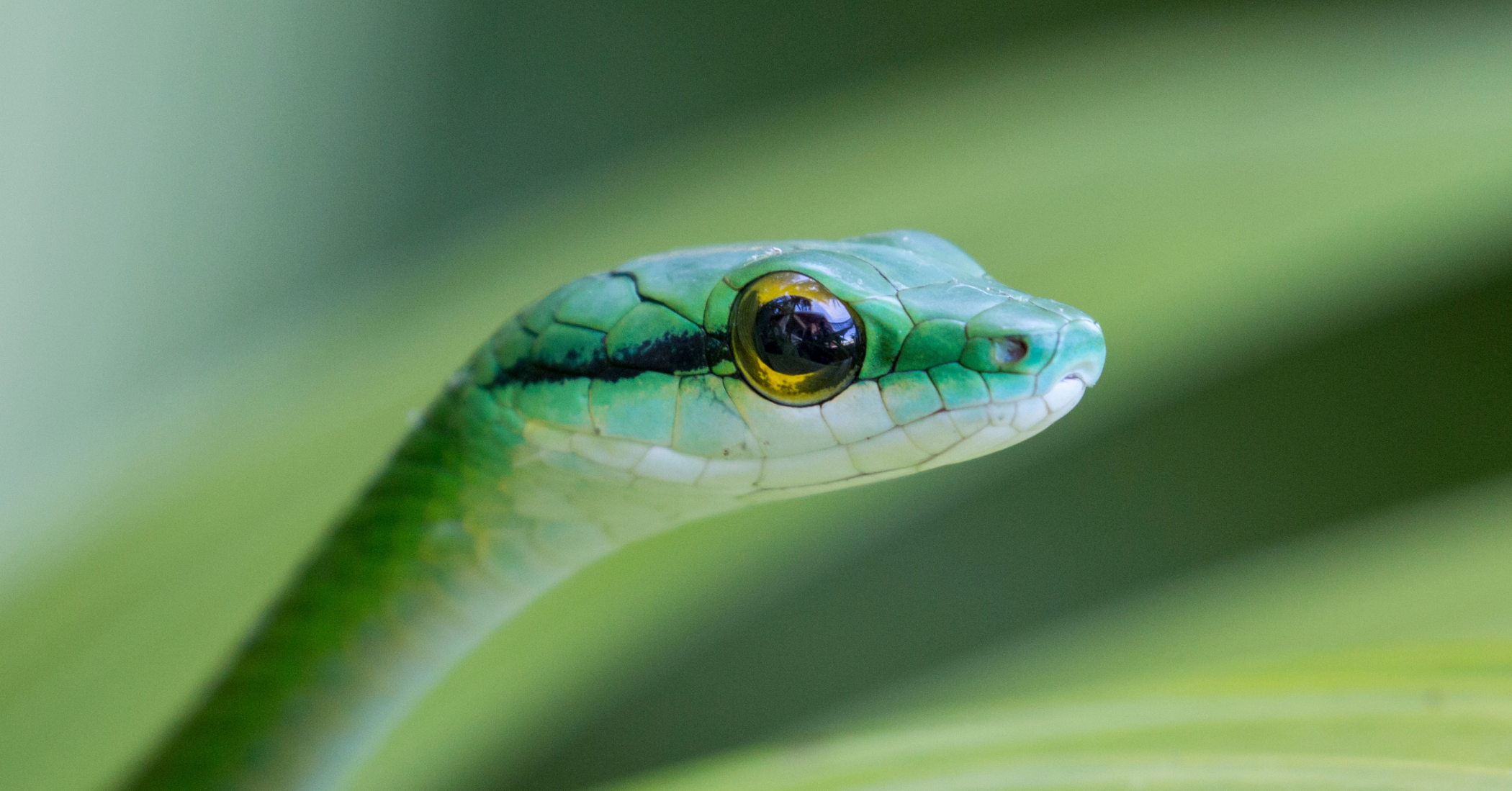
July 16th is World Snake Day, an opportunity to celebrate snakes and raise awareness about the threats they face.
Spoiler alert: their biggest threat is us.
Humans don’t only destroy snakes’ habitats and hunt them and their families . . . they also use them as experimental subjects.
Snakes have been exploited in the name of science since the earliest recordings of nonhuman animal research (before 200 C.E.!) when Greek scientist and philosopher Galen undertook dissections of thousands of animals, including snakes.
Today, snakes continue to be captured, bred, commodified, and brutalized by animal researchers, but records of their exploitation are much harder to come by because snakes are not considered “animals” under U.S. law.
Snakes, as reptiles, do not enjoy any protection under the Animal Welfare Act, the only federal law regulating the use of nonhuman animals for research purposes.
Snakes are part of the more than 95% of nonhuman experimental subjects neither contemplated by law nor accounted for by research facilities.
But, like all other nonhuman animals victimized inside laboratories, they suffer, and they resist.
Modern-day laboratory records document snakes “refusing” human advances, “regurgitating” materials forced down their throats, expressing trauma responses (like biting themselves) during human handling, and being found dead in their cages.
And, it’s not just overt acts of human abuse that harm them. Indeed, physical confinement in laboratories is as devastating for snakes as it is for other animals: the pernicious consequences of captivity – which include a “range of harmful physical, psychological, and physiological changes” – are “similar in humans and animals, spanning mammals, reptiles, amphibians, and fish.”
Snakes are sentient and deserve moral consideration, protection, and freedom.
Wholly opposite the spurious, self-serving human “vision of reptiles as unimportant, simplistic, peripheral and expendable proto-animals”, snakes are complex creatures deserving of the same moral consideration as all other sentient life forms.
Though far less studied than other nonhuman animals, generally, and other reptiles (like lizards), specifically, snakes are known to demonstrate “deliberation and decision-making”, exhibit “spatial learning”, and both “take comfort in being close to [their] own kind, much like people” and “gain a sense of well-being when they wriggle into sort of a group hug”. These findings are certainly not prerequisite to extending snakes moral consideration, but they render our failure to do so unconscionable.
And, it’s up to us to change this.